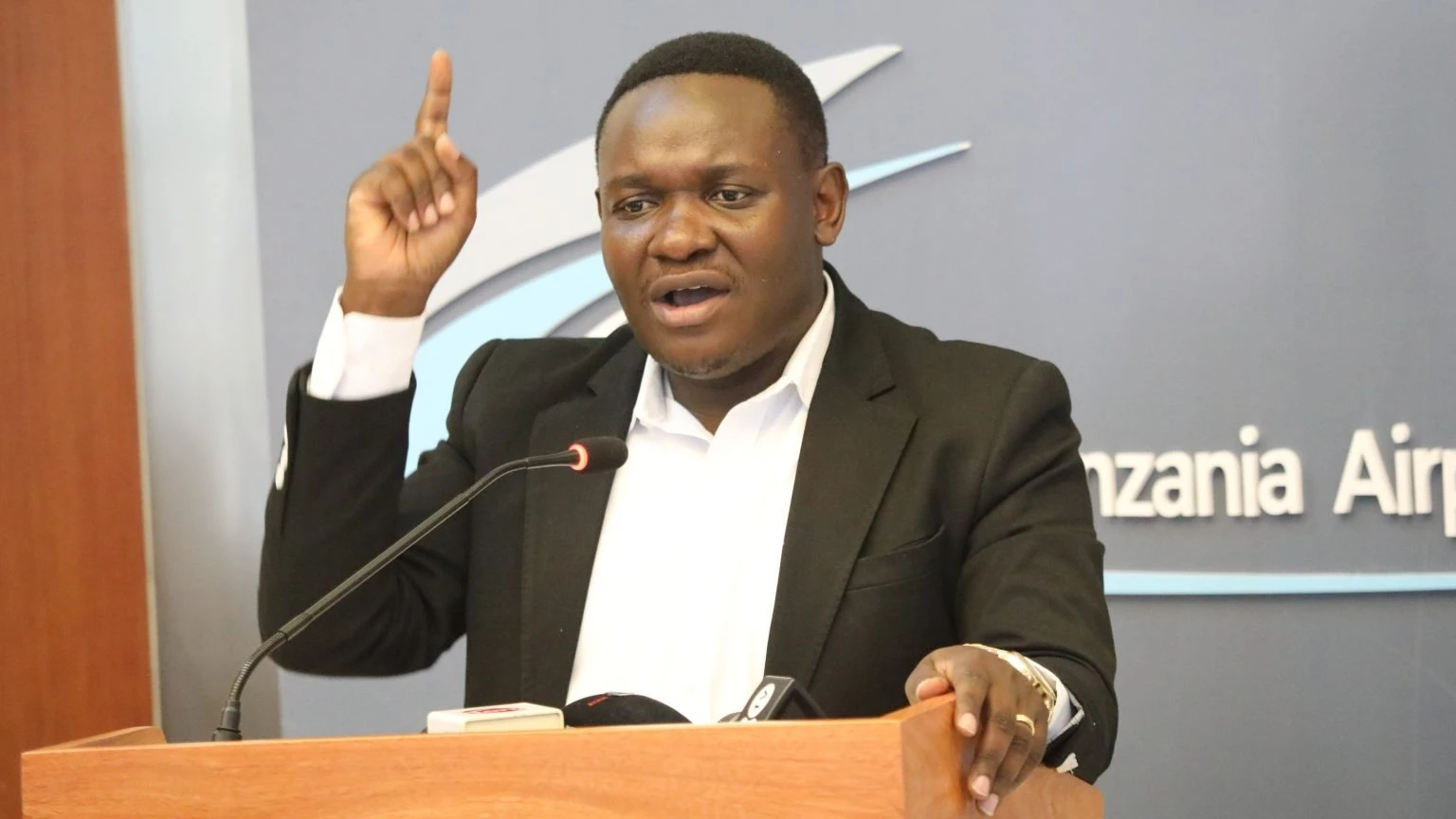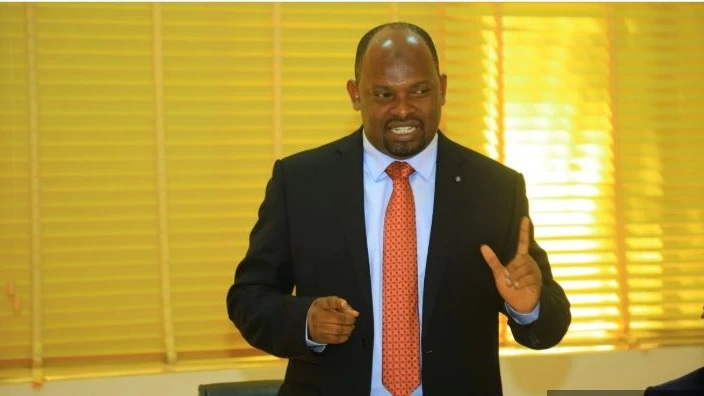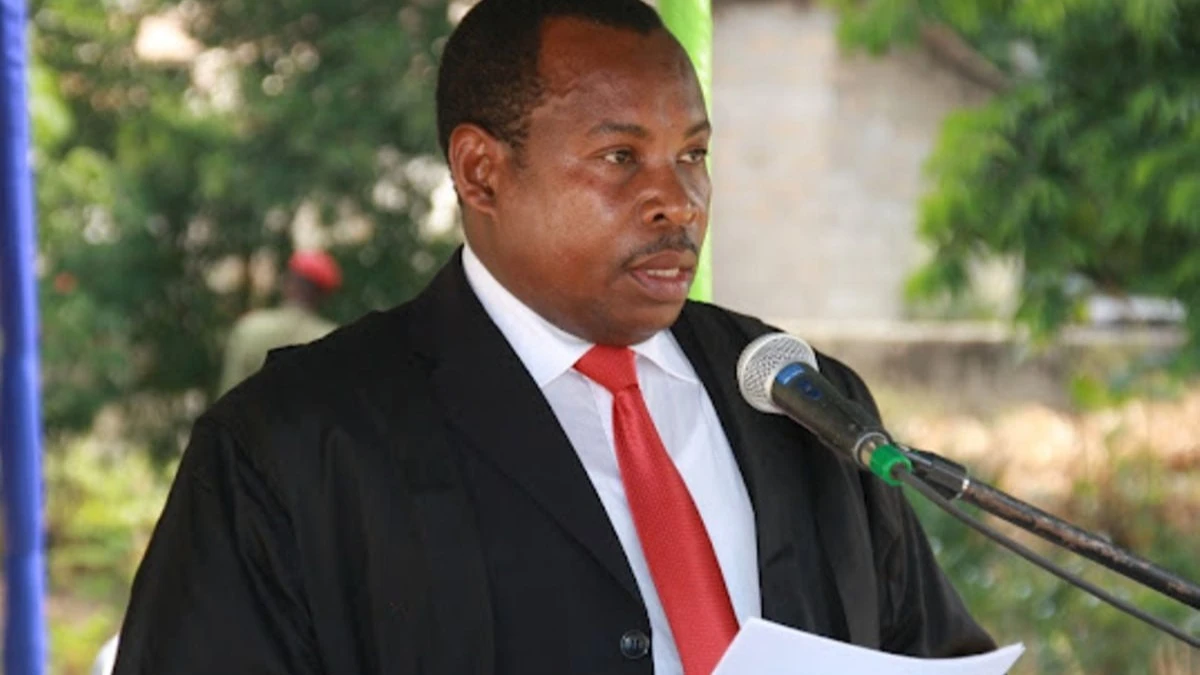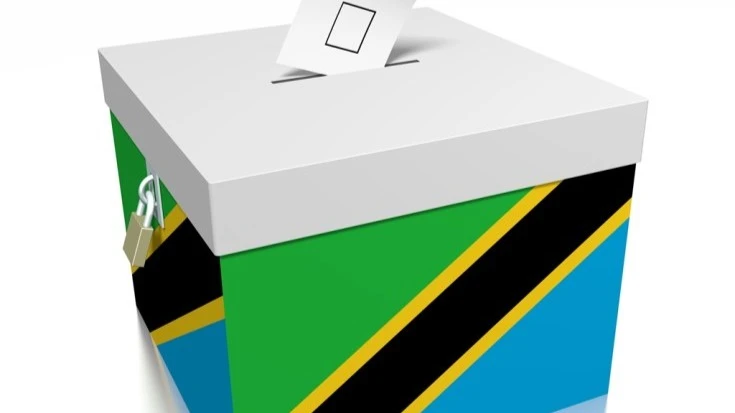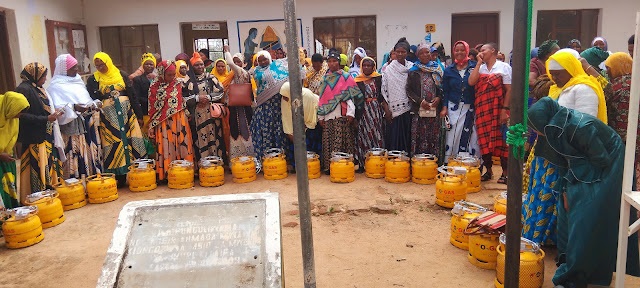Govt to develop digital system to ease pensioner verification

THE government is to develop a digital system aimed at simplifying the verification process for pensioners paid by the Treasury, the National Assembly has been told.
The new system will allow pensioners to verify their status remotely, either through their mobile phones or by using banking services, significantly reducing the burden of physical verification.
Deputy Minister for Finance, Hamad Hassan Chande, shared the information in the National Assembly early this last week while responding to a question raised by Amandus Chinguile, Nachingwea legislator (CCM).
In his question, Chinguile sought to know why the government does not establish a more convenient procedure for pensioners to verify their status at the council or ward level, as opposed to the current system which requires them to travel to regional offices.
In his response, Chande explained that the current verification process which takes place at council level is time-consuming and costly for pensioners, especially those who live in remote areas.
He said introduction of the digital verification system is part of the government’s broader efforts to modernize public services and improve efficiency in pension payments.
“Once fully implemented, the new system is expected to benefit thousands of pensioners across the country, reducing the need for physical visits to regional offices and enhancing the overall efficiency of pension distribution,” the deputy minister said.
“By introducing this digital verification system, we aim to make it easier for pensioners to authenticate their status and receive their benefits without the need to travel extensively. The system will be integrated with mobile phones and banking platforms which are already widely accessible across the country.”
In a supplementary question, Chinguile expressed concern about retirees living in rural and remote areas who may still face challenges in accessing technology.
He suggested that the government should work with ward and village officials to help pensioners in the areas verify their status, especially those who are unable to access mobile phones or banking services.
“The government must take into account the realities faced by pensioners who live in rural areas, where internet connectivity and access to banking services may be limited. It is crucial to find a solution that will ensure these retirees can still access their benefits,” Chinguile said.
The deputy minister responded, acknowledging the challenges faced by pensioners in rural areas.
He assured parliamentarians that the government takes robust steps to ensure that no retiree is left behind.
Top Headlines
© 2024 IPPMEDIA.COM. ALL RIGHTS RESERVED








